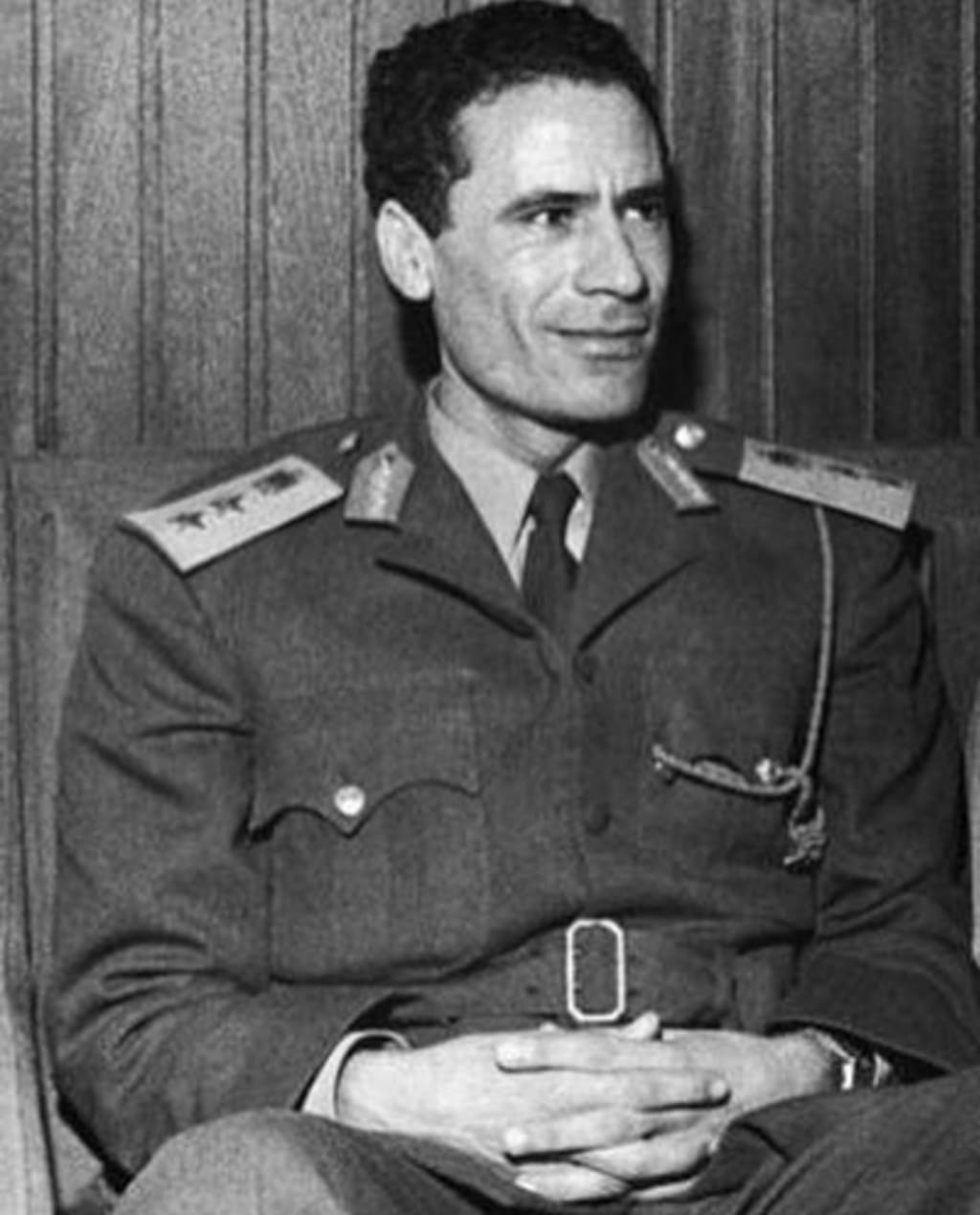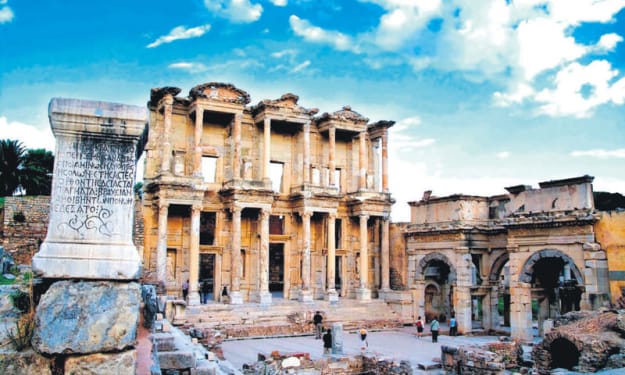
Introduction:
Muammar Gaddafi, born in 1942 in the desert town of Sirte, Libya, emerged as one of the most enigmatic and controversial leaders of the 20th century. His life journey can be described as a rollercoaster ride, marked by periods of heroic revolutionary fervor and moments of despotic rule. Gaddafi's rise to power, his vision for Libya, and his eventual downfall continue to captivate historians, political analysts, and the global community. This article delves into the biography of General Muammar Gaddafi, unraveling the layers of his complex character and examining the impact he left on Libya and the world.
Early Life and Military Career:
Muammar Gaddafi was born into a Bedouin family and raised in a traditional Islamic environment. His early life was marked by hardship and tribal struggles, which shaped his revolutionary spirit and desire for change. After attending military school in Libya, he traveled to the United Kingdom for further military training at the Royal Military Academy Sandhurst.
Gaddafi's military career took a significant turn in 1969 when he led a bloodless coup against King Idris I, ending the monarchy and establishing the Libyan Arab Republic. At the young age of 27, he assumed control as the country's leader and began to lay the foundation for his vision of a socialist, pan-Arab state.
Revolutionary Vision and Leadership:
During his early years in power, Gaddafi proclaimed his ideology of "Jamahiriya," a concept emphasizing direct rule by the people through a system of "people's committees." He also promoted Arab nationalism, anti-imperialism, and pan-Africanism, aiming to unite African nations against Western influence and colonialism.
Gaddafi's regime took bold steps towards social equality, such as the nationalization of industries and the redistribution of wealth. His policies also emphasized women's rights, providing them with education and opportunities previously denied in the conservative Libyan society.
Controversial Actions and International Relations:
As Gaddafi consolidated his power, he faced criticism for his authoritarian rule, lack of political pluralism, and human rights abuses. His suppression of political dissent and the absence of free press drew criticism from international organizations.
Gaddafi's government was also implicated in several controversial actions, including the alleged support of terrorist groups in the 1970s and 1980s. Most notably, Libya was accused of being involved in the bombing of Pan Am Flight 103 over Lockerbie, Scotland, in 1988, which led to international sanctions and isolation.
Fall from Grace and Demise:
The beginning of the 21st century brought significant challenges to Gaddafi's leadership. In 2011, during the Arab Spring, widespread protests erupted in Libya, demanding democratic reforms and an end to Gaddafi's regime. The situation quickly escalated into a civil war, with international intervention from NATO forces.
In October 2011, Gaddafi was captured and killed by rebel forces in his hometown of Sirte, marking the end of his four-decade rule. His death brought both relief and concern, as Libya faced a power vacuum and subsequent political instability.
Legacy and Reflection:
The legacy of Muammar Gaddafi remains complex and divisive. While some view him as a revolutionary hero who fought against colonialism and Western imperialism, others see him as a ruthless dictator responsible for human rights abuses and international instability.
Despite his grand vision for Libya, Gaddafi's regime struggled to deliver on many of its promises, and the country faced significant economic challenges during his rule. After his death, Libya entered a new phase of turmoil, with various factions vying for control and stability.
Conclusion:
Muammar Gaddafi's life story is a tale of ambition, idealism, and the complexities of leadership. From his humble beginnings in a desert town to his controversial rule as Libya's leader, Gaddafi left an indelible mark on his country and the world. His biography serves as a reminder of the fine line between revolutionary aspirations and the temptations of unchecked power, leaving us with valuable lessons about the nature of leadership and its impact on society.
About the Creator
Saad Dar
i love the beauty of nature which is crafted by ALLAH






Comments
There are no comments for this story
Be the first to respond and start the conversation.